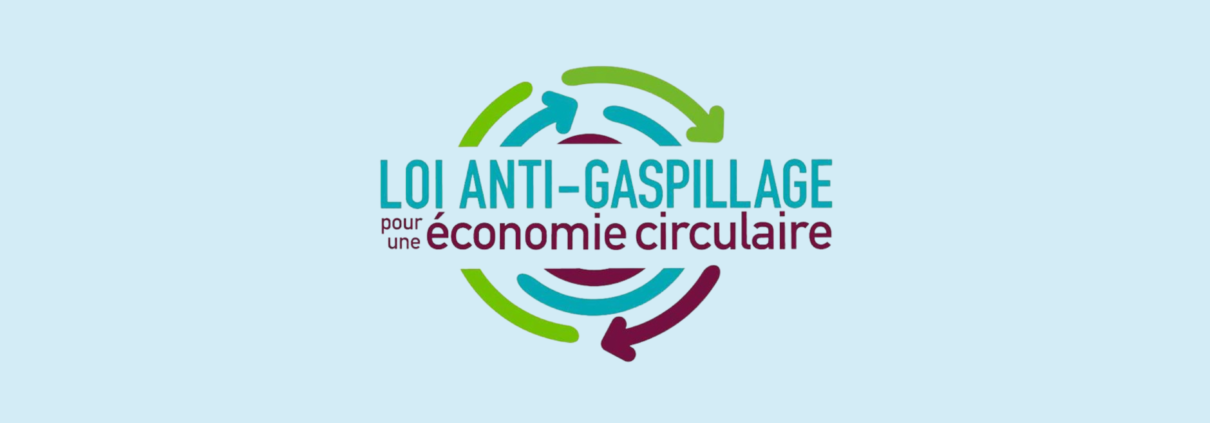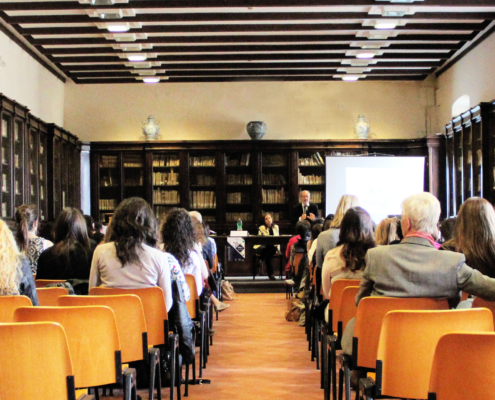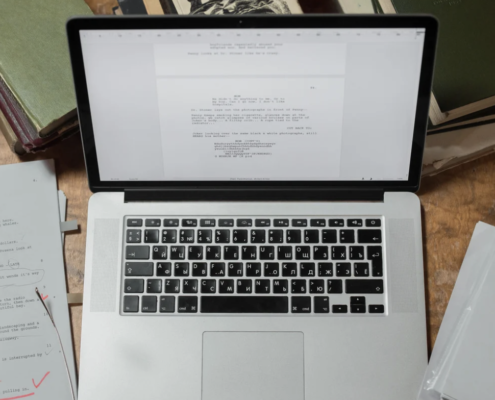AGEC Law: Analysis and Progress
The in-depth analysis of the lAnti-Waste law for a Circular Economyof 2020 in theNational Assembly represents a significant step forward towards a more efficient circular economy. The co-rapporteurs, Véronique Riotton and Stéphane Delautrette, shared their perspective on an in-depth assessment, going beyond a simple list of decrees to explore concrete opportunities for improvement. This approach aims to be proactive, by identifying the essential levers to accelerate the transition towards a more circular and sustainable economy.
Context of the Evaluation
The evaluation of the Agec law, mandated to examine its “impact”, is taking place in a context influenced by European negotiations and ecological planning. Véronique Riotton insists on the need to situate this work within the broader framework of ecological planning, which includes an ambitious roadmap for the circular economy. However, debates in Europe, particularly on issues such as plastic and the preference for reuse rather than recycling, present challenges and raise questions about the relevance of the Agec law.
European Hearings and Perspectives
The co-rapporteurs are preparing to question several European actors, although the precise selection of speakers remains to be defined. This inclusive method will include a significant number of hearings, organized in the form of roundtables to encourage a variety of points of view. The main objective of the co-rapporteurs is to hear from key stakeholders in the transition such as consumers, businesses and communities, in order to gather rich perspectives and formulate concrete solutions.












